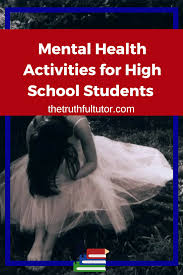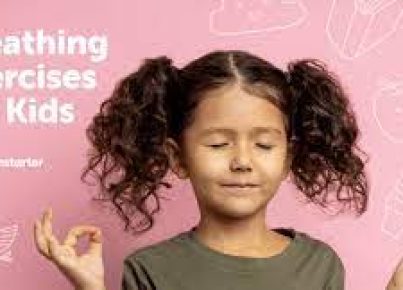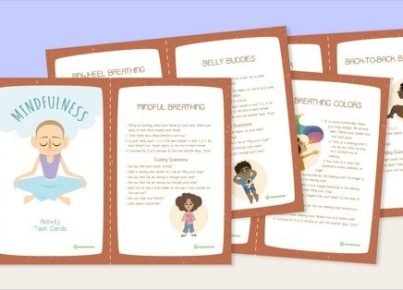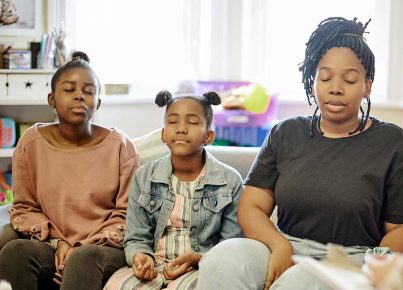1. Mindfulness Meditation: Begin each day with a 5-minute mindfulness meditation session to alleviate stress and promote mental well-being.
2. Gratitude Journaling: Encourage students to keep gratitude journals throughout the week, listing five things they are thankful for.
3. Anonymous Sharing Box: Set up a box where students can anonymously share their feelings, concerns, or thoughts about mental health.
4. Mental Health Book Club: Facilitate discussions on selected books that promote mental well-being, empathy, and understanding.
5. Positive Affirmation Wall: Create a wall filled with positive affirmations that students contribute to help boost self-esteem and enhance emotional well-being.
6. Classroom Yoga Sessions: Incorporate short, daily yoga sessions to help students manage stress and improve their overall mental health.
7. Relaxation Techniques: Introduce various relaxation techniques such as deep breathing exercises or progressive muscle relaxation for students to practice during breaks.
8. Emotion Charades: Conduct a fun game where students take turns acting out different emotions to encourage emotional awareness.
9. Mental Health Guest Speakers: Invite mental health professionals and advocates who can talk about the importance of self-care, coping strategies, and seeking help when needed.
10. Incorporate Art Therapy Activities: Give students opportunities to express their emotions through drawing, painting, or sculpting as a means of coping with stress and anxiety.
11. Digital Detox Day Challenge: Encourage students to take a break from social media and technology for one day to reduce stress and focus on their mental health.
12. Develop Coping Skills Toolbox: Help students create a personalized list of coping strategies they can apply when feeling overwhelmed or anxious.
13. Storytelling Workshops: Facilitate storytelling workshops where students openly discuss their experiences related to mental health in a supportive environment.
14. Role-playing Scenarios: Perform role-playing scenarios to teach empathy and effective communication skills.
15. Film Discussions: Present educational or thought-provoking films about mental health, followed by guided discussions.
16. Peer Mentoring Programs: Train older students to act as mentors for their younger peers to help in building healthy support networks.
17. Wellness Check-ins: Hold weekly wellness check-ins where students reflect on their own emotions and well-being.
18. Suicide Awareness and Prevention Activities: Provide resources like presentations, lectures, and role-playing scenarios to teach students how to identify warning signs and support friends at risk.
19. Mood Boards: Encourage students to create mood boards or collages representing their current emotional state as a creative way to express their feelings.
20. Mental Health Field Trips: Organize visits to mental health care facilities or awareness events to give students firsthand exposure and experience in understanding mental health issues.





